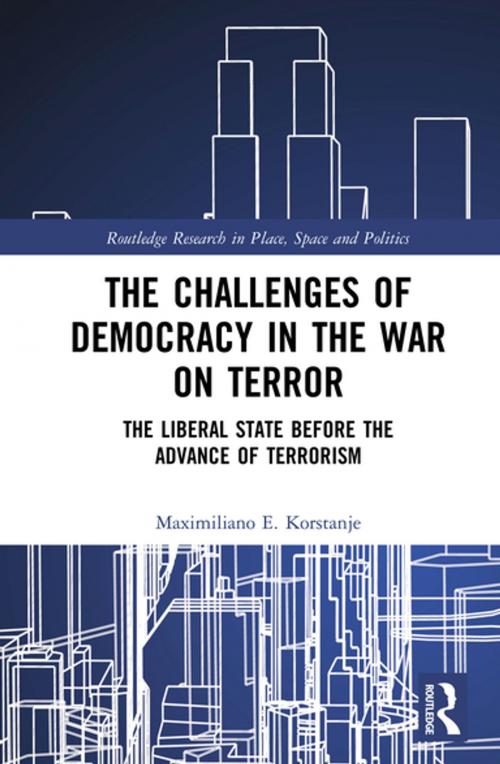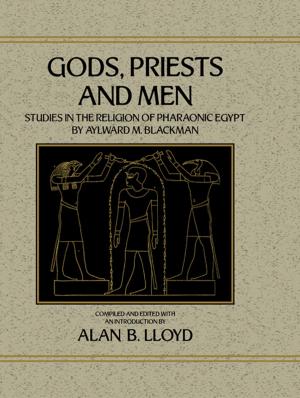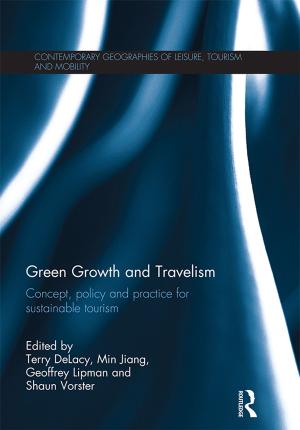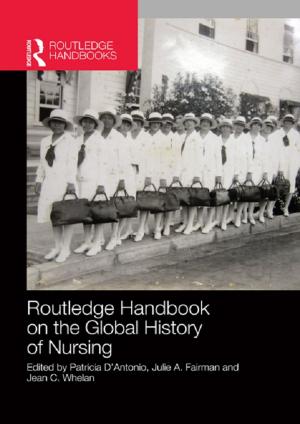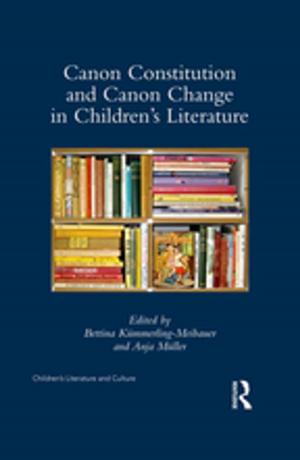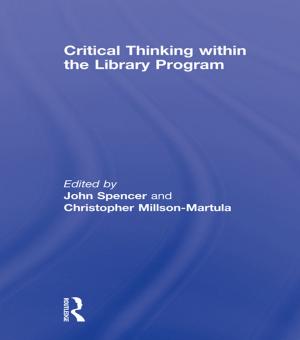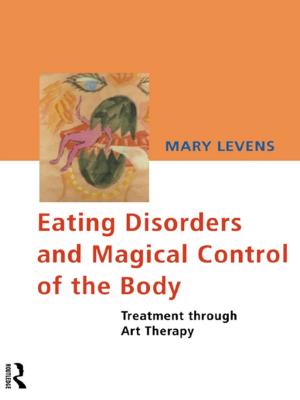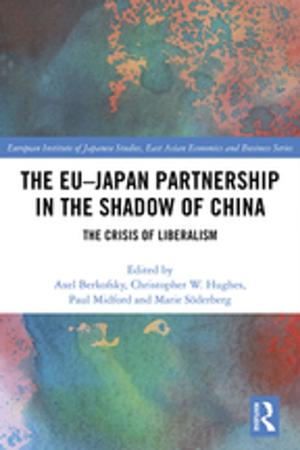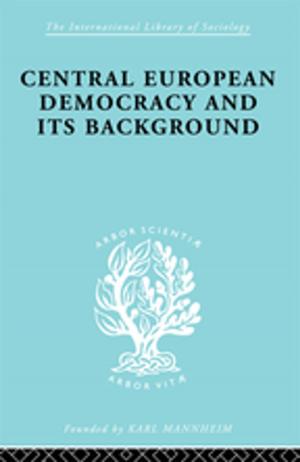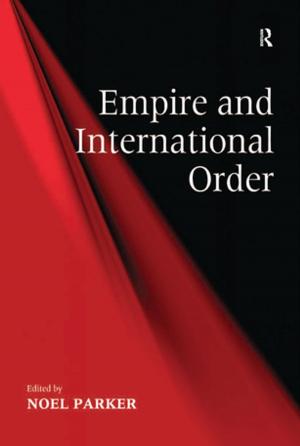The Challenges of Democracy in the War on Terror
The Liberal State before the Advance of Terrorism
Nonfiction, Science & Nature, Science, Earth Sciences, Geography, Social & Cultural Studies, Social Science, Human Geography| Author: | Maximiliano E. Korstanje | ISBN: | 9780429880865 |
| Publisher: | Taylor and Francis | Publication: | September 3, 2018 |
| Imprint: | Routledge | Language: | English |
| Author: | Maximiliano E. Korstanje |
| ISBN: | 9780429880865 |
| Publisher: | Taylor and Francis |
| Publication: | September 3, 2018 |
| Imprint: | Routledge |
| Language: | English |
This book unravels the role of democracy after the 9/11 terrorist attacks and reflects important debates surrounding the security of Muslim communities in the years to come. It looks at the problems of torture, violence and the legal resources available to contemporary democracies to confront terrorism.
While terrorism is often regarded as one of the major threats to the West and the nation-state, this book explores the notion that a disciplined sense of terror is what keeps society working. The strengths and limitations of liberalism are examined, as well as the ethical dilemma of torture and human right violations in the struggle against terrorism. This book carefully dissects the origin of the nation-state and how it keeps society united.
The author offers a creative and unique approach to democracy and worldwide terrorism, exploring the consequences for the nation-state. This book looks at the connections between terrorism, mobility, consumption, torture and fear. It will be of interest to researchers as well as postgraduate and postdoctoral students within the fields of Human Geography, Politics, Media and International Relations.
This book unravels the role of democracy after the 9/11 terrorist attacks and reflects important debates surrounding the security of Muslim communities in the years to come. It looks at the problems of torture, violence and the legal resources available to contemporary democracies to confront terrorism.
While terrorism is often regarded as one of the major threats to the West and the nation-state, this book explores the notion that a disciplined sense of terror is what keeps society working. The strengths and limitations of liberalism are examined, as well as the ethical dilemma of torture and human right violations in the struggle against terrorism. This book carefully dissects the origin of the nation-state and how it keeps society united.
The author offers a creative and unique approach to democracy and worldwide terrorism, exploring the consequences for the nation-state. This book looks at the connections between terrorism, mobility, consumption, torture and fear. It will be of interest to researchers as well as postgraduate and postdoctoral students within the fields of Human Geography, Politics, Media and International Relations.
